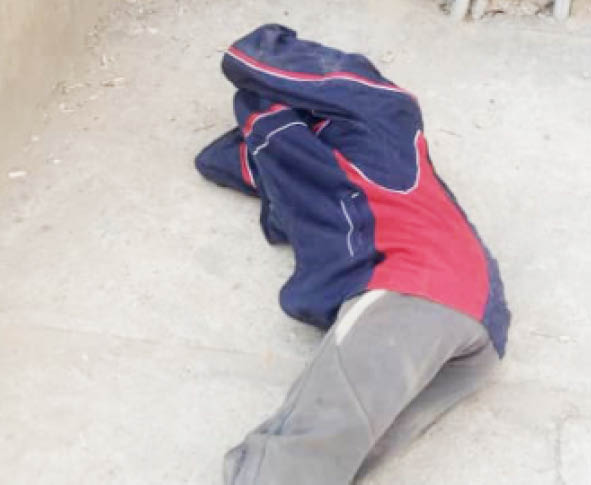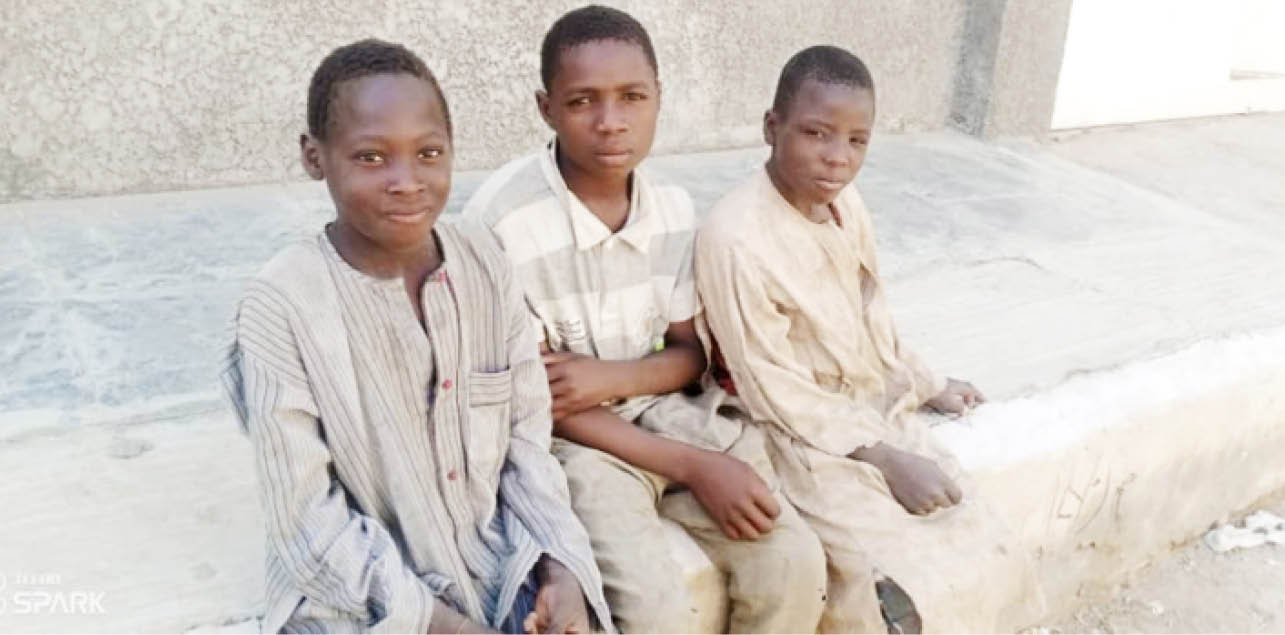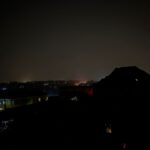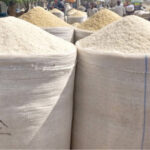As the cold harmattan weather sets in and increases in tempo, children who left their families to acquire Islamic education in Kano, popularly known as almajirai, are experiencing tough times in different ways as they sleep in the open spaces as the weather conditions continue to get harsh. Daily Trust on Sunday reports.
The weather cnoditions in most parts of northern Nigeria during the months of December and January become chilly, as most people struggle to make suitabble adjustment for a warmer environment. It is however, different for most Almajirai this season.
While some of these children do not have the right cloths to protect their skins against the cold weather, they are also not protected against possible attackers, either during the day or at night.
Most of the Tsangaya schools meant for the almajirai also serve as their dormitories, but they are not equipped with anything to protect the children from the harsh weather. The schools, which usually have long verandas, are mostly covered with tarpaulins or cement sacks.
Mystery surrounds death of 12 Benue family members after meal
Communities’ involvement key to ending AIDS by 2030 – NEPWHAN
The children study during the day and sleep there at night. The older almajirai have some rooms, mostly attached to the houses of their teachers. They also sleep together in numbers.

While other residents stay indoors for the most part of the day because of the extreme cold weather in the state, the almajirai move from place to place, begging to sustain themselves.
Sahabi Musa, 12, said that due to the weather, they always waited till 9am before leaving in search of food.
“We have to go out to get what to eat. We will continue to cope with the weather since we do not have an alternative. I don’t have a sweater or cloth to protect me from the cold. At night we sleep without cloths to cover our bodies,” he lamented.
Daily Trust on Sunday observed that like many others, 10-year-old Usaini Ibrahim wore tattered clothes that hardly offered any protection against the severe cold as he sat at a corner of a street in Kano metropolis, struggling with the chilly wind.
Many of the children told our correspondent that they had not had their bath since harmattan started as they were unable to get hot water and could not risk using cold water in this weather.
Sulaiman Ali, who hails from Babura Local Government Area in Jigawa State, said he would only take his bath weekly when there is sun and the weather is a bit hot, adding that they keep water under the sun to become warm.
Unlike Ali, 10-year-old Adamu Idi can bathe with cold water. He, however, said, “I only bathe on a weekly basis. I get the water directly from a well and use because there is nowhere I can get hot water.”
Idi was also not wearing any protective cloth because he could not afford to buy one.
Another almajiri who identified himself as Dini is one of the few with a cardigan.
“A family gave me the cardigan because I usually go to their house and they send me on errands. So, when this year’s harmattan started, they gave it to me,” he said.
Samamni Saidu, 12, said his father bought all the cloths for him before he was brought to Kano.
“I am from Maru in Zamfara State, and normally, new students are brought in after the harvest period when the cold season sets in. Parents usually buy blankets, sweaters and head warmers for us before they bring us here,” he said.
It was observed that many of the almajirai have pale skins because they do not apply body cream.
They narrated that at night when the weather is at the extreme, few of them sleep under the blankets they brought from home, while others sleep in their tattered cloths.
Daily Trust on Sunday noted that to ward off the cold weather, some of the children usually gather around a suya spot in the Mandawari area of the city.
Yusufa, 11 and his friend, Usman, said they usually warmed themselves around such fire in the Dakata area.
Sahabi Adamu, who stays in the Gwammaja area of the city lamented, “I don’t have a cardigan to protect myself from cold. We suffer a lot here. This is where we sleep, and to say the least, the cold and mosquitoes at night are unbearable. And we don’t have insecticides or treated nets to protect ourselves.”
Ado Muhammad, 17, from Birnin Gwari in Kaduna State, who has been in Kano for five years, said the jacket he came with was worn out and he could not afford a replacement.
Asked if their teacher provides them with some essential items, he replied, “Our teacher only provides us with shelter. When the cloths our parents bought for us are worn out, we either beg or do menial jobs to buy what we need,” Ado said.
Hashimu Isa does not care about the weather but how to get food. He lamented that he could spend the entire morning roaming in an extreme cold weather as he cannot spend a day without food.
Ali Muazu, a resident of Kano, described almajiranci (the system of seeking knowledge) as a “journey of cruelty, which parents with inhuman hearts” make their children to go through.
He added, “As a Muslim I see this as a stain on Islam. There are better ways we can organise this almajiranci without necessarily embarrassing our religion.
“I always wonder how one gives birth to children and sends them out for the world to take care of. I hope relevant stakeholders would take measures to address this menace.
“Where these boys live is an eyesore. They live amid bugs and other insects. They usually sleep on the bare floor. They don’t have toilet facilities, and this makes them defecate at any available space. Please tell me how teaching and learning can take place in this type of environment?
“I think our people should fear Allah and stop punishing innocent children in the name of seeking for knowledge.
“Most of their schools have a large number of pupils that surpass the capacity of the teacher. I managed to provide two rooms for them, and God so kind, only one of them suffered from acute cold attack and he has recovered,” Muazu said.
One of the teachers in the Goron Dutse area of Kano metropolis, Malam Adamu Nakanya, said some parents brought their children without providing adequate cloths for them, adding that it is the responsibility of parents to cater for their children.
“Some parents do provide cloths, shoes, blankets and jackets for their children, but some shy away from these responsibilities. We usually talk to the parents to provide but we cannot force them to do that. Our own is to assist in teaching the children, and only Allah pays us,” he said.

 Join Daily Trust WhatsApp Community For Quick Access To News and Happenings Around You.
Join Daily Trust WhatsApp Community For Quick Access To News and Happenings Around You.



